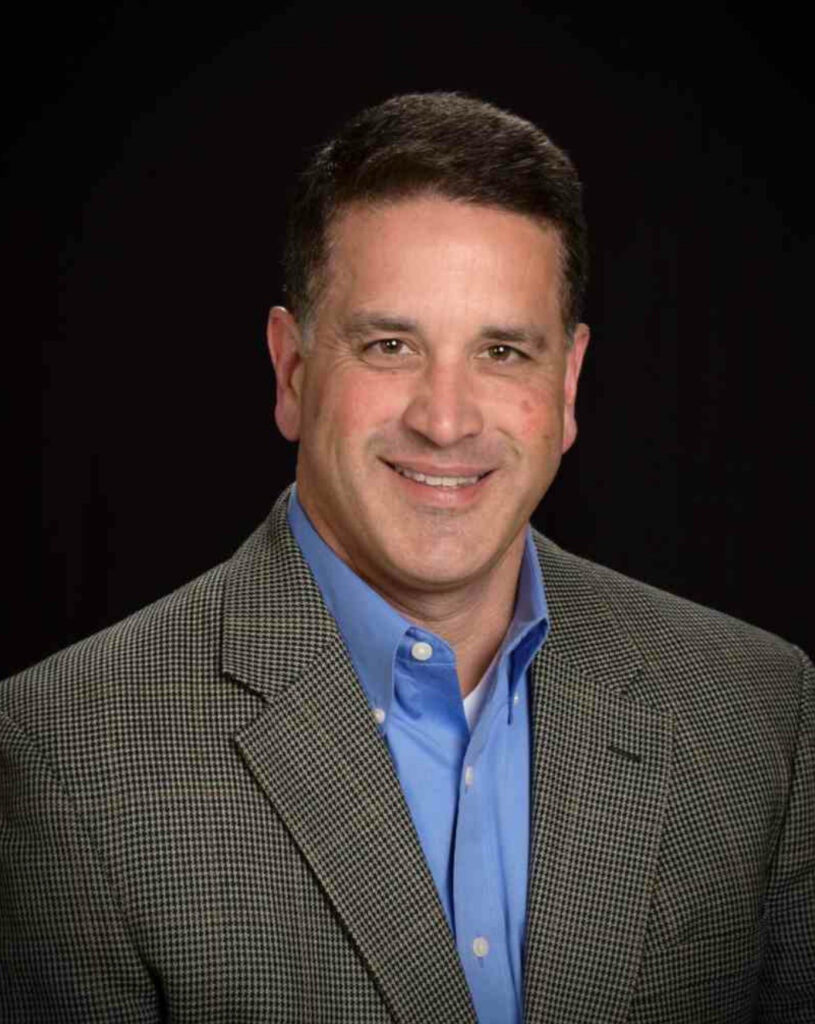By Brad Federman, David Dufour, and Carla Willard
Where are all the candidates?
Every day, employers lament their inability to find potential employees. Some even wonder if people want to work anymore. Which is it? Either we lack people to fill jobs or people don’t want to work.
It isn’t a difficult question to answer. Just look at the statistics. The unemployment rate has hit a fifty year low, yet the participation rate is very high. There just aren’t enough people in the typical workforce pool. A major culprit may be early retirements and an aging population. We’re looking at historically low birthrates and, unfortunately, the current pool of potential employees will continue to age.
Even with a slowing economy and slightly higher unemployment, the overall trends are not likely to change in the short term. What does that mean for those of us that need employees?
It means we must be flexible, creative, and look for potential employees where we have not looked before, possibly through reentry, or second chance, programs. Previously incarcerated people have a 27% unemployment rate compared to the 3.5% for the overall population. Studies show that approximately 60% cannot find employment, and if they do find employment, the wage gap is significant.
Ironically, we say as a society that we believe in second chances and rehabilitation. Yet, only 5% of employers have made an effort to hire the previously incarcerated. We have to ask ourselves, “Why?”
Could it be the risk?
What about the Risk?
Prior to answering that question about previously incarcerated candidates, take a moment to ask yourself a few questions – and be honest with your answers:
- With previously incarcerated candidates, is our perception of risk an implicit/explicit bias that impairs our desire to look at their skillsets/qualifications for the position?
- Is there risk built into every new hire?
- Do you take actions to mitigate risk in your new hire process?
If we are honest with ourselves, most of us will have an immediate, implicit bias about previously incarcerated candidates. There are multiple studies that prove our implicit biases can cause us to miss tremendous opportunities in our business and social environments. Frankly, there is a real risk that we can rule out a great candidate.
In answering the second and third questions, our answers to both should have been a resounding “YES”! Every new hire brings a significant risk of not fitting in with the culture, not being able to accomplish the job and/or leaving and having us start the whole process again. We mitigate this risk with screening, testing, orientation programs, assigning mentors, training, and retention programs.
Here’s the great news: there are re-entry and non-profit organizations that screen, test, provide general workplace orientation, assign continuing mentors, specifically train necessary skillsets and enroll candidates in external retention programs, so they are ready for you to hire and retain them.
At the end of this article, some of these re-entry programs and non-profits are specifically named, but for now it is important to understand our own “risk” biases and to discuss some of the real benefits of hiring previously incarcerated candidates.
What are the Benefits of Hiring Previously Incarcerated Candidates?
While there are many well-documented studies that show multiple benefits of hiring the previously incarcerated, we’ll specifically address our top three:
1. Availability: There are as many as 77 million adults in the U.S. with a criminal record, meaning they represent a significant percentage of the potential workforce. Yet, businesses often overlook this population and statistically, up to 75% are still unemployed a year after being released. With U.S. businesses already having difficulty in finding qualified hires, those who look more closely at this demographic have a better chance of closing their hiring gap.
2. Retention: A study conducted by Northwestern University in 2017 showed that “individuals with criminal records have a much longer tenure and are less likely to quit their jobs voluntarily than other workers.” Additionally, surveys of companies who employ the previously incarcerated have consistently indicated that they are more loyal and motivated employees.
3. Tax Credits: The IRS allows employers who have hired the previously incarcerated to claim a tax credit of up to $6,000 of wages paid if they work over 400 hours. In recent years, the Work Opportunity Tax Credit (WOTC) process has been automated so employers can screen all new employees for eligibility from any device! If a new employee is eligible, the system automatically uses the information collected during the onboarding process and completes the required forms (8850 & 9061) for WOTC processing.
Policy Review and Modification
To determine if outdated or unnecessary restrictions limit your ability to attract and hire individuals with a previous conviction, a great first step is to review your organization’s hiring policies. One option is to adopt the “ban the box” approach.
“Ban the box” policies create a fair chance at employment for applicants by removing the conviction and arrest history questions from the job application. This allows organizations to conduct the background check later in the hiring process (if necessary) and to ensure that background checks are used fairly. If a conviction is reported after a candidate has been determined the best fit for the job, the employer assesses the situation and considers key factors such as how much time has passed since the offense and the relevancy of the offense to the position before finalizing the hiring decision.
Resources are available to assist you in reviewing and revising your policies. Policy Revision Toolkits and consultative support are available through organizations like the National Employment Law Project (NELP) and government Offices of Re-entry located in various cities and states.
Partner with Community Organizations
As you begin to explore opportunities to implement hiring ex-offenders, don’t go it alone. Leverage the support and programs of community partners who have experience working with returning citizens. Many government and non-profit organizations have a wealth of resources and expertise that can help you successfully navigate this process.
Local and state government offices of re-entry offer soft skill training as well as technical and vocational programs to prepare re-entering individuals for the modern workforce. These programs vary from state to state, but many offer extensive programs that incorporate not only job readiness skills but also vital support for family reconnection, financial literacy, healthy living, expungement, and voting rights restoration. These programs also provide support for individuals in need of services related to health services, housing needs, child support, wellness classes and much more.
There are many benefits to partnering with organizations. Many organizations have multi-tiered programs that allow participants to progress through various levels of training, development and work experience.
For example, PersevereNow provides a one-year programming course within prisons to certify participants as software developers before their release. In partnership with technology companies, the participants are eligible for hire upon successful completion of the in-prison program and upon their release. These individuals receive viable skills and real opportunities for success. As a result, organizations onboard well trained, skilled and highly motivated individuals.
As a society, we collectively agree in second chances and rehabilitation. Let’s put our money where our mouth is. The labor shortage can be a roadblock to finding good talent, or an opportunity to reframe our thinking and biases. The choice is now up to us.

CEO, PerformancePoint
bfederman@performancepointllc.com
www.performancepoint.com

Vice President of Human Resources
The Bank of Fayette County
ddufour@bankoffayettecounty.com

VP, Senior HR Business Partner
First Horizon Bank Memphis
cswillard@firsthorizon.com
